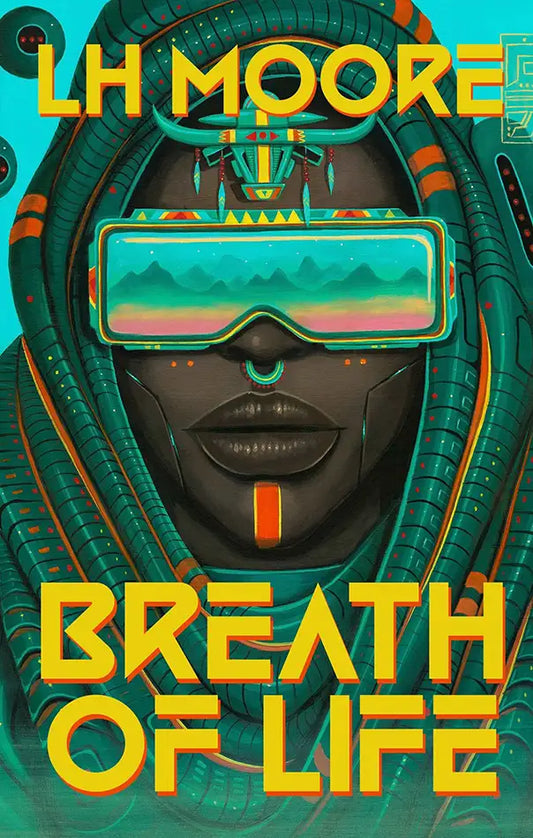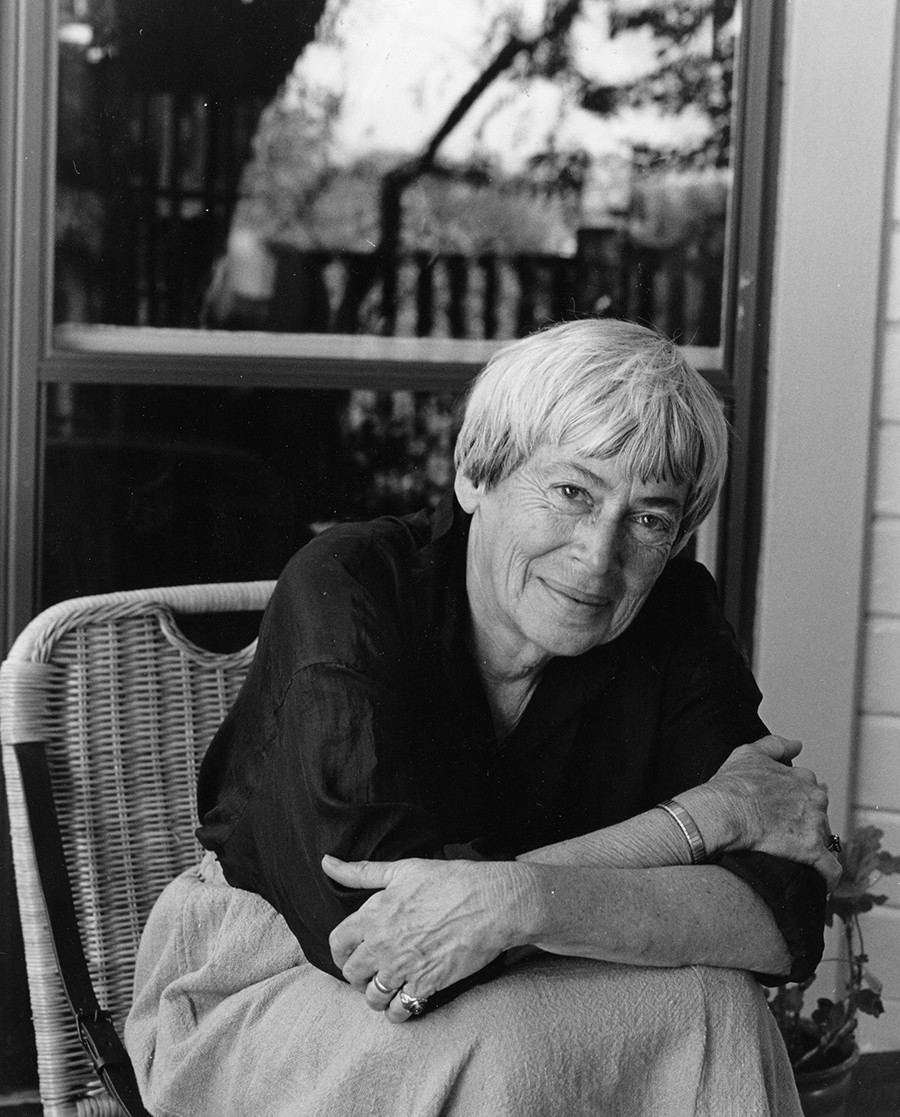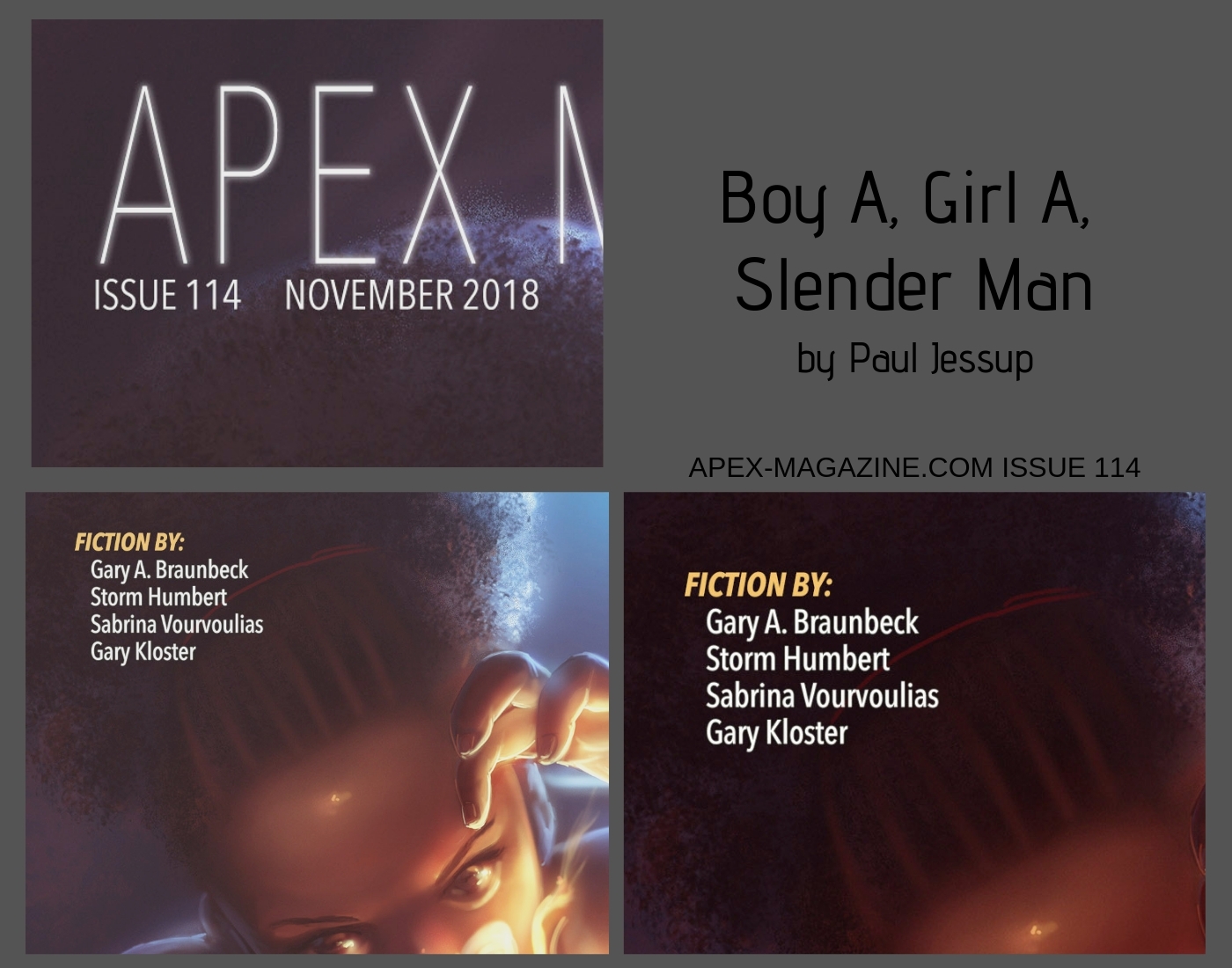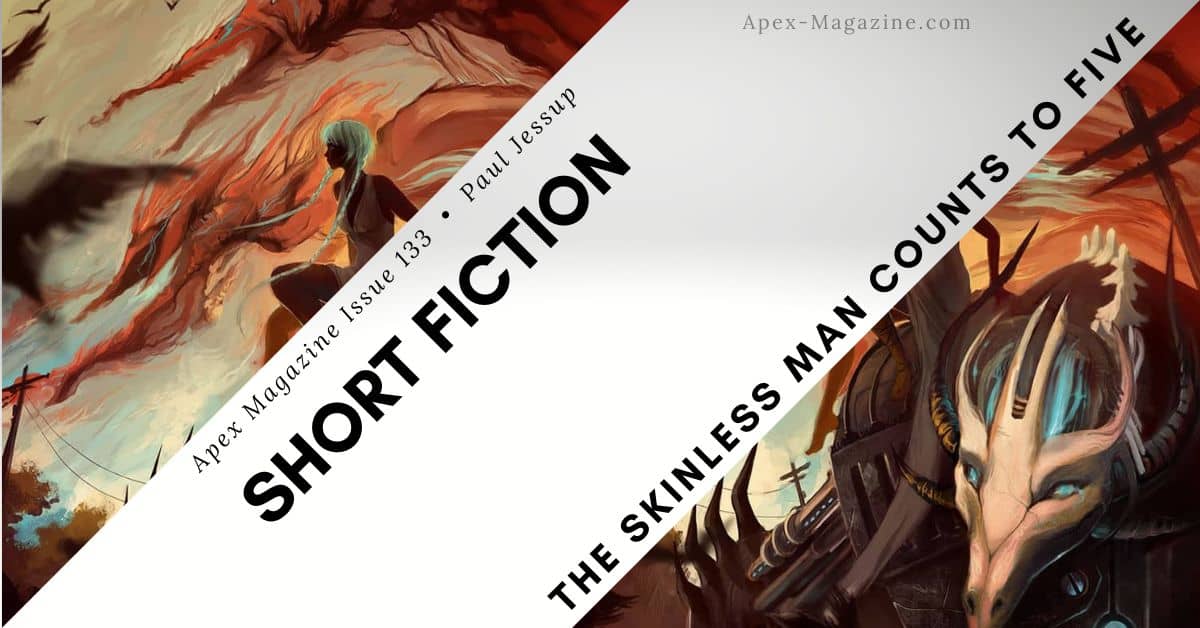
Usually, when people start hammering out on the blogosphere about experimental, weird, crazy science fiction and fantasy (or horror) we get the same names and titles popping up every single time. I’ve got nothing against these people (or their works) but you have to wonder if that’s it—if that’s all? I mean, you can only name drop Delany so many times, or Disch, or Philip K. Dick, or etc., etc., etc. before you want to see something more. I mean, these are all good things—but under the surface, there has to be some hidden gems, some dark secrets that might be even crazier, even more batshit insane than these crazy masterpieces. After all, the world is filled with small presses willing to push the envelope on just about, well, everything.
And we need to support these writers and the weird, crazy, cool things that we do. Too much of genre these days is propelled by stagnation, by being stilted and coated in same-ness. We need more books that are daring and dangerous, more hidden gems. Another big thing with this list (other than trying to promote some works and writers you’ve probably not heard of yet, and that don’t get talked about anywhere near as much as they should be talked about when it comes to crazy, surreal genre fiction) is that I’m aiming for books either newly published, recently published, or about to be published. No mention of Dahlgren or any of the New Wave writers…they’re great, fantastic, but they’re old and crumbling now. We need some new blood burning brightly to take over the reins.
So open your mind for a bit, and take a look at this list (in reverse order):
10. Maze by J. M. McDermott
This is a kaleidoscope of awesome. I put it last because sometimes, J. M. McDermott’s name gets bandied about when it comes to experimental F/SF. Usually, it’s for Last Dragon or Never Knew Another. Maze is an unsung masterpiece of madness. Maze bears some resemblance to the surreal Matrix-style head-fuckery that was PKD’s Maze of Death, but takes the weirdness up a million notches and cranks out the surreal awesome on a frequent basis.
Babies with dog heads, wonderful poetic narrative, bizarre story structures and twisty narratives. Weird and wonderful.
9. Hidden Camera by Zoran Živkovic
This one is also near the end of the list because Zoran Živkovic is another writer whose name is frequently brought up in lists like these. But Hidden Camera is one of his lesser-known works (and his first novel, if my mind remembers correctly). It's one of those stories with an uncertain narrator (this time an undertaker who becomes paranoid and obsessed and everything kind-of tumbles down into a Dickean frenzy) and an ending that is not really much of a surprise but is still interesting and poignant. Živkovic's writing is as sparse, as usual, so it differs from a lot of other books on this list, which usually contain mad, poetic prose.
8. House of Discarded Dreams by Ekaterina Sedia
Sedia’s work is usually powerful and poetic, but can be very grounded even in the most fantastical of scenes. This grounding and anchoring gives her work an emotional reality that is stark and poetic. House of Discarded Dreams takes her talent with characters and emotional reality and sets it adrift in a surrealistic sea. The only grounding we have is the main character, and it is through her that this dreamlike tale weaves a psychic punch, one that hits hard and deep. There are nested stories, experiments with form and thought, it breaks almost every narrative rule you can imagine, and it comes rising out of the misty haze of words like a stone dragon, sharp and real and dreamlike all at once.
More people need to read and buy this book, to buy it by the bucket-loads. It is, perhaps, one of the best novels of the past few years, and it really doesn’t pull back at all.
7. Mechanique: A Tale of the Circus Tresaulti by Genevieve Valentine
Mix up some Angela Carter, some New Weird fun, throw in some body horror, some steampunk, some apocalypse and then shake. If you’ve read Valentine’s short stories, you know you’re in for a treat. The prose is top notch, the narrative tightly focused, and the characters unforgettable. Beneath all the gears and grotesqueries lies a very human story, and beyond that a feeling of slippage and discomfort. Experimental in almost every way, it breaks most genre trappings to pieces and dances on their graves.
6. The Harlequin and the Train by Paul G. Tremblay
The actual text itself may seem pretty simple at first, and the plot pretty straightforward. But it experiments in the background, on the page, turning the actual physical object of the book itself into an experiment. It tells you to go through and highlight specific sections, transforming the text, forcing the reader to participate in the creation of the text. By doing this, it tears down the barriers between the fictional world and the world of the reader, making a more intimate, estranged narrative.
5. Noise by Darin Bradley
At first, the book's structure might not seem all that experimental. Alternating chapters: one a book some kids worship, the next, the kids themselves. But as you read farther along, all the lines blur, everything blurs. The language devolves, the words become abstractions in themselves. You find it hard to believe anyone or anything, and you wonder what exactly is going on. The acts of violence escalate, and you get a sick feeling in your stomach that everything is wrong, and that nothing makes sense. A gut punch.
4. Martian Sands by Lavie Tidhar
Not quite out yet, but one of the most experimental on the list. The moments of WTF are almost overpowering. Schindler’s List meets Total Recall, Burroughs-style four armed green Martians, time travel, just flat out gonzo weirdness. It’s when F/SF and experimental are perfect together—the pulp taken to an extreme that devours itself and spits out a novel so strange and bizarre it feels like a bizarre dream from a parallel world.
3. Orange Eats the Creeps by Grace Krilanovich
Some experimental novels are experimental because their prose is experimental. It layers on itself, creates obscurity and poetry. It has meaning that alludes and twists back on itself, confounding and teasing the reader with a rhythm of meaning. Others are experimental in their narrative, the way they deconstruct our expectations of narrative discourse. This book does both, and it creates a haunting, hungering effect that, whenever you put the book down, leaves you starved for more of the surrealism it offers.
2. Scorch Atlas by Blake Butler
This book is more a series of objects, or a series of thoughts or meditations. It doesn’t have direct chapters per se, but, rather, disconnected things floating in the white space of the page. The concept of characters breaks down; the concept of plot breaks down. Everything disintegrates until we only have the basic, bare bones before us of what a story is, what a novel is. Is this really a novel? Or is it some madman who has clothed himself in words and is wearing the novel as a disguise, waiting to bite your fingers as you approach him?
1. The Rat Veda by James Chapman
A rat falls in love with a dancer he has never seen. I put this at the top because, well, you’ve probably never heard of it. You’ve probably not heard of Chapman, nor his press (Fugue State Press) and that’s a shame. Most of the people out their associate his work with the literary scene, but his imagination is full out gonzo-surreal, and it creates worlds and structures that are deeply magical-realist and fabulist.
There, a list of the strange hidden gems I’ve discovered over the years. Some of you may know of some of them, may have read them, may have your own list of hidden works shoved in the cracks of the literary landscape. But we need to start talking about them; we need to stop recycling the same old names when it comes to experimental genre-fiction. We need to expand, to swallow them all and experience something new.












